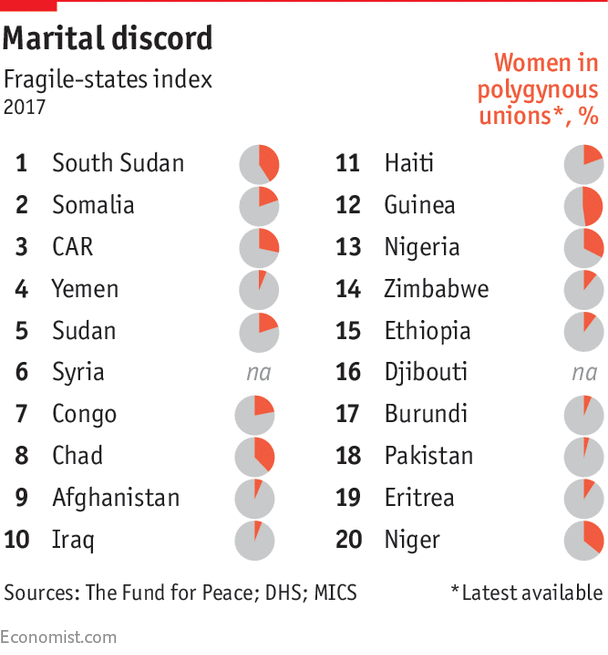Source: Why the Scariest Nuclear Threat May Be Coming from Inside the White House, by Michael Lewis (2017/07/26)
“Just give me the top five risks I need to worry about right away. Start at the top.”
…
At the very top of his list is an accident with nuclear weapons … “I would encourage you to spend an hour reading about Broken Arrows.”
…
“North Korea would be up there,” says MacWilliams. … the people inside the national labs are the world’s most qualified to determine just what North Korea’s missiles can do.
…
“This is in no particular order,” he says with remarkable patience. “But Iran is somewhere in the top five.” He’d watched Secretary Moniz help negotiate the deal that removed from Iran the capacity to acquire a nuclear weapon. There were only three paths to a nuclear weapon. … enriched uranium … plutonium … buy a weapon … The national labs played a big role in policing all three paths. … At any rate, the serious risk in Iran wasn’t that the Iranians would secretly acquire a weapon. It was that the president of the United States would not understand his nuclear scientists’ reasoning about the unlikelihood of the Iranians’ obtaining a weapon, and that he would have the United States back away foolishly from the deal. Released from the complicated set of restrictions on its nuclear-power program, Iran would then build its bomb. It wasn’t enough to have the world’s finest forensic nuclear physicists. Our political leaders needed to be predisposed to listen to them and equipped to understand what they say.
…
His more general point was that managing risks was an act of the imagination. And the human imagination is a poor tool for judging risk. … What was most easily imagined was not what was most probable. It wasn’t the things you think of when you try to think of bad things happening that got you killed, he said. “It is the less detectable, systemic risks.” Another way of putting this is: The risk we should most fear is not the risk we easily imagine. It is the risk that we don’t.
…
I realized later that the fifth risk did not put him at risk of revealing classified information. To begin, he said simply, “Project management.” … the risk a society runs when it falls into the habit of responding to long-term risks with short-term solutions. … It is delaying repairs to a tunnel filled with lethal waste until, one day, it collapses. … It is what you never learned that might have saved you.
It turned out no one wanted to make a serious study of the risks at Hanford. Not the contractors who stood to make lots of money from things chugging along as they have. Not the career people inside the D.O.E. who oversaw the project and who feared that an open acknowledgment of all the risks was an invitation to even more lawsuits. Not the citizens of Eastern Washington, who count on the $3 billion a year flowing into their region from the federal government. Only one stakeholder in the place wanted to know what was going on beneath its soil: the tribes. A radioactive ruin does not crumble without consequences, and yet, even now, no one can say what these are.
